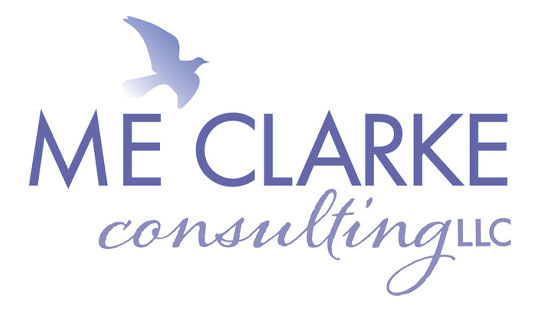The Art of Listening: Can the Simple Act of Listening Be Healing?
For the most part we are all born with the innate ability to breath, to see, to hear, to walk, and to heal the bumps and bruises we get along the way. We do all of these things without having to think about them. What about listening? Like hearing, is it innate? Do we really know what it means to listen?
Right now I hear the beeping of a truck in reverse, the birds chirping in search of a few frosted berries and a siren in the distance. I hear things all the time (yes, I am grateful for this gift) but does that mean that I am listening to them? Do you not stop everything you are doing and put all your efforts toward it when someone says, “Listen,” usually followed a few seconds later by, “Hear it?”
Listening is crucial in our relationships. Unlike hearing I believe that listening requires development like a muscle requires exercise. Hearing is innate; listening is not. So what does it mean to really listen? Do we spend enough time listening?
A first step in listening to another is to listen to self. Yes, this seems counter intuitive, but in fact, in order to listen fully to another and to be able to sit in that sometimes uncomfortable space of others’ emotions, we must first know and acknowledge our own feelings, clarify what is ours, only ours to deal with and to maintain honesty. We cannot truly listen to another, if our ‘committee,’ the one that exists in our head is dominating our attention. Our presence to another requires that we in essence get out of the way or as Bolton states below, self-transcend. Let me explain. If we have a lot going on in our own heads or our emotions are running high or if we feel the stress of a never ending ‘to-do’ list than we are not able to be present. During these times the ‘committee’ has the majority of our attention and the person with whom we are listening not only does not have our undivided attention, she does not have our empathy or our consciousness, our focus nor our appreciation. If we are not thinking to ourselves what we will do as soon as the conversation is over, we will almost certainly try to jump into the conversation and help by fixing or giving suggestions or making every effort to make that person feel better. Like the other tasks of the day, we will be able to cross them off the ‘to-do’ list at the end of the conversation as another thing accomplished. We will not have listened to them, however.
Let’s take this one step further. Do you ever have a hard time articulating what you are going through or what you are feeling? Do you ever try to rationalize your way out of your own emotions? Though some of us are better at communicating than others, we all struggle with this. If it were so easy to say what we mean and mean what we say, than we could decrease miscommunication substantially and curb many a conflicts. Now add to this a complex situation that has been escalating for days, months, or even years with experiences and layers of emotions that are barely distinguishable. And we can see now more than ever the need for the person to have the time and space to detangle and articulate what is happening inside. This is where listening is so important, this is where listening itself creates the possibility for healing. Not fix, listen. Not console, listen. Listen and heal. To listen carefully, respectfully, believingly, compassionately is one of the greatest presents (presence) we can give to those around us. How will you listen different this New Year?
I end with this quote by Robert Bolton:
“Listening is never easy. It involves overcoming the habitual tendency to roadblock. It requires a certain maturity, a certain self-transcendence, an openness to understand values and points of view very different from our own. When we really listen, our own ideas and values are sometimes altered. To listen well means to be vulnerable. Listening is intensely demanding and therefore should not be entered into lightly.” -Robert Bolton, People Skills





Leave a Reply
Want to join the discussion?Feel free to contribute!